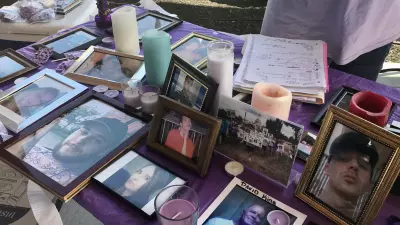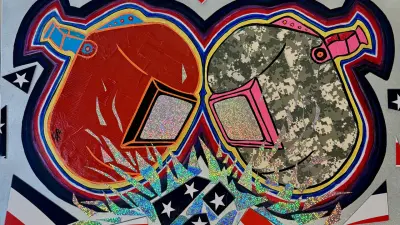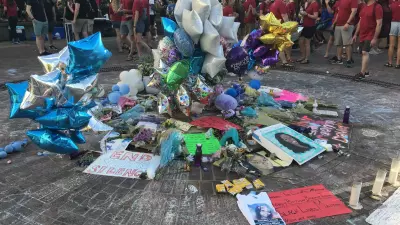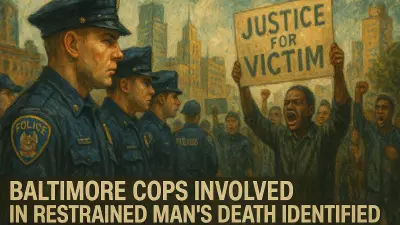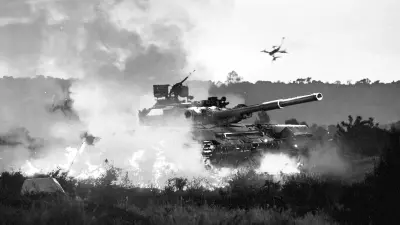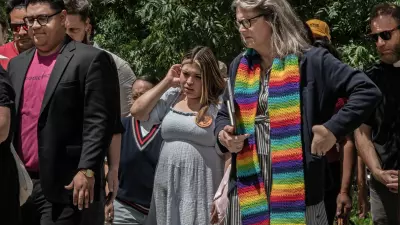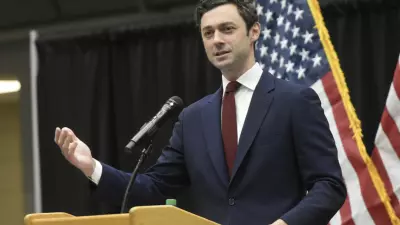The forgotten ghosts of the overdose crisis was originally published by Matter News, a local news nonprofit in Columbus, Ohio.

At a recent City Council meeting in Charleston, W. Va., Council Member Joe Solomon admonished his peers for not addressing the overdose crisis effectively in a city that leads a state that leads the nation in overdose deaths.
And then Solomon said that Charleston leads the state in “ghosts.”
I have never heard someone use that term to describe the thousands of people who have died of a drug overdose. To hear that word uttered aloud in this context took my breath away.
But is there a more appropriate term?
A study published in the American Journal of Public Health reported that 42% of Americans know someone who has died of an overdose.
The ghosts are everywhere, not just in West Virginia.
My colleague, Yen Loh, studies ghosts in Asian American literature and told me that ghosts imply a kind of invisibility – that no one is paying attention. She cites the work of sociologist Avery Gordon, noting that, “It’s not just dead people coming back to haunt you but social subjects who have been invisibilized usually through the system.”
The German origins of the word “ghost” stem from words that mean “rage” and “terror.” Ghosts can be angry. They can provoke terror, or a desire to flee from a crisis, a problem or a catastrophe.
From what I know about Joe Solomon, he’s more inclined to run toward the catastrophe. Solomon, a Long Island native who never lost the accent, is an activist who moved to West Virginia to protest strip-mining 20 years ago and stayed. In 2022, he ran for city council on a platform that centered on addressing the overdose crisis. I spent a damp October afternoon that year following Solomon as he canvassed. At one house, a woman said that she didn’t care too much for the label Democrat or Republican.
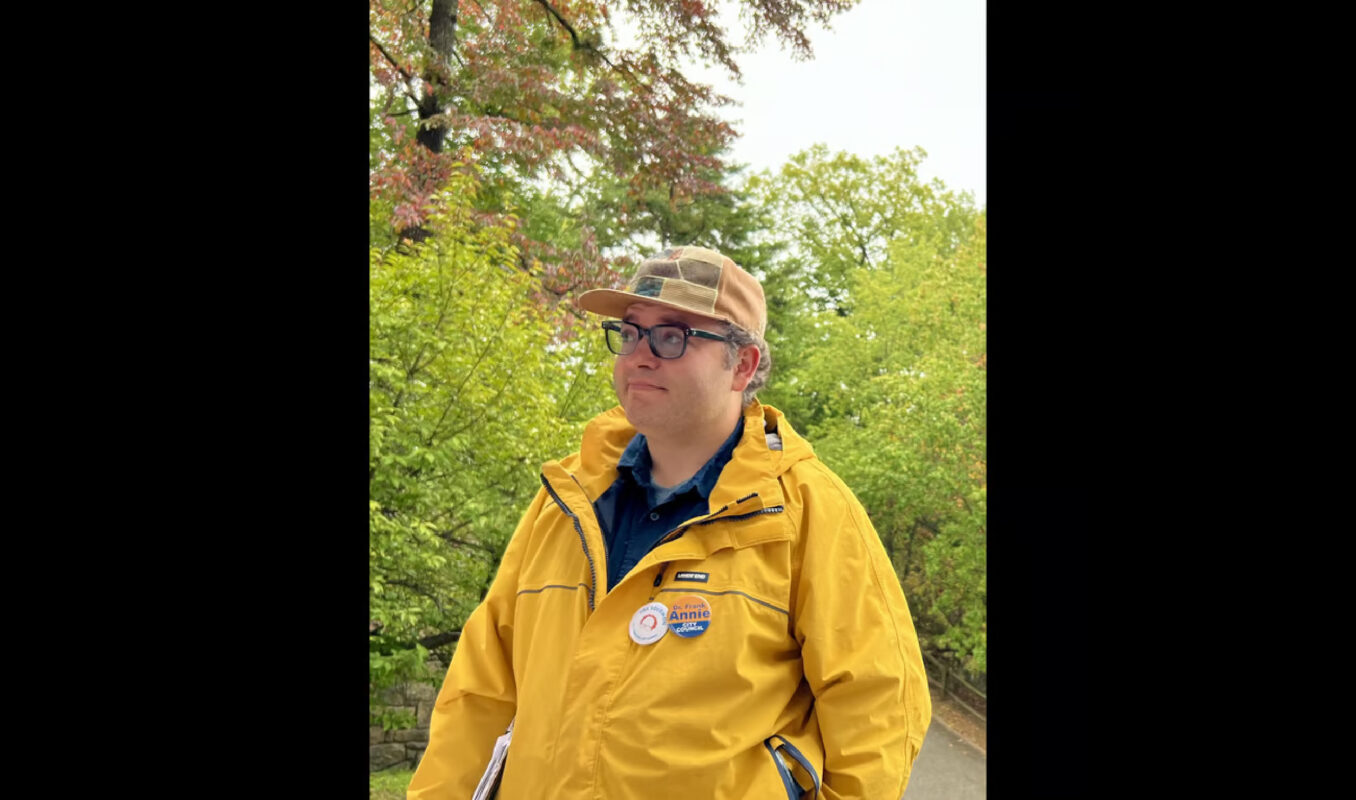
“You’re either a good person or a shitty person,” she said.
Solomon replied, “There’s neutrals out there. I don’t think the overdose capital has time for neutrals.”
Solomon’s “ghost” comment is in keeping with that attitude. It came during a speech responding to an interfaith coalition that has been asking the City Council to pass a resolution calling for a ceasefire in Gaza. Council had consistently tabled the request, claiming that “we should focus on our city’s challenges” and “get local.”
Solomon said that Gaza is a community challenge, a local issue, because people in his community are from there or have family there. But, he said, if people truly want to get local, then they should address the overdose crisis. Charleston is the epicenter of the overdose crisis in a state that has the highest rate of overdose in the United States. In 2018 Charleston eclipsed Huntington as overdose capital of West Virginia, and it has led the state ever since.
In March of that same year, a busy, well-regarded, and lifesaving syringe program was shut down.
“By the end of that very year: lo and behold, Charleston and Kanawha [County]overtook Huntington and Cabell. We led in deaths. We led in carved out families. We led in GoFundMe funerals. We led the state in ghosts,” Solomon said. “Our little city is the capital of the capital of America’s overdose crisis. We are the heart. Will this be the year we reckon with that?”
Solomon said in a phone interview that lately he’s been inspired by documentaries about ACT UP, and he cites Vito Russo’s “Why We Fight,” in which Russo says, “Every time a shell explodes, you look around and you discover that you’ve lost more of your friends, but nobody else notices. It isn’t happening to them. They’re walking through the streets as though we weren’t living in a nightmare. And only you can hear the screams of the people who are dying and the cries for help. No one else seems to be noticing.”
Right now, Solomon said, “I feel like we’re in a space where there are ghosts that political leaders refuse to see.”
In August 2023, Charleston City Council voted down a proposal for a new syringe program. And then a week later, the Council voted unanimously to support creating space in a local cemetery for the burial of unclaimed remains.
Solomon is not sure anyone has made the connection.
The people who keep lists of those they have lost, the 42 percent, they get it.
Collective trauma can transform a community, a country, and the only way out and forward is to create a shared narrative about what happened and what continues to happen. But we can’t create a shared narrative without including everyone, even the ghosts.
Maybe we will one day. And maybe the ghosts will lead us.
Matter News is the digital publication of Grey Matter Media, a local news nonprofit based in and dedicated to Columbus, Ohio. We have been producing quality, humanizing, and engaging journalism for and about central Ohio since 2018, and we do it all without charging you a penny.

